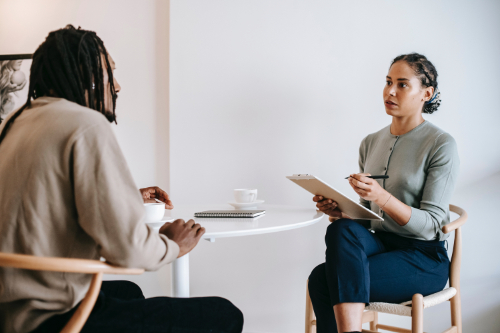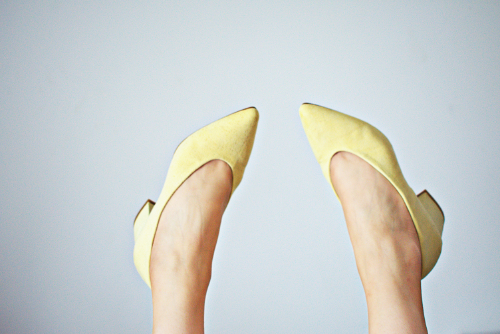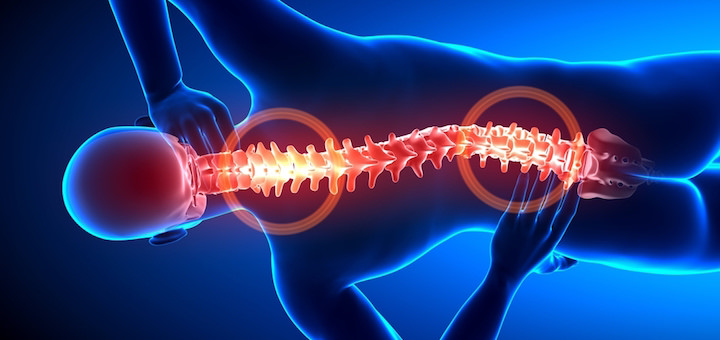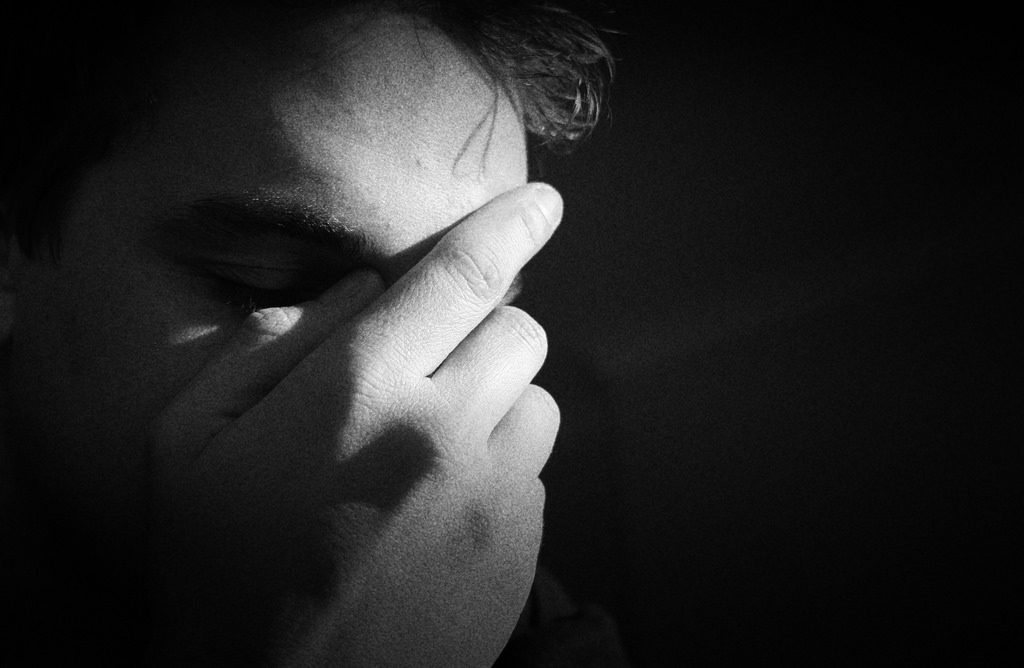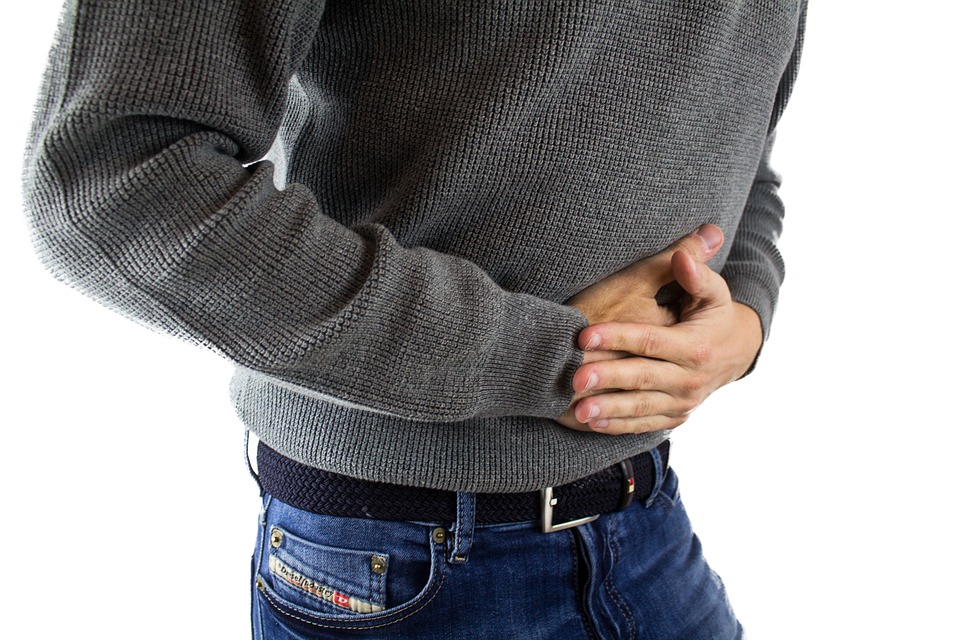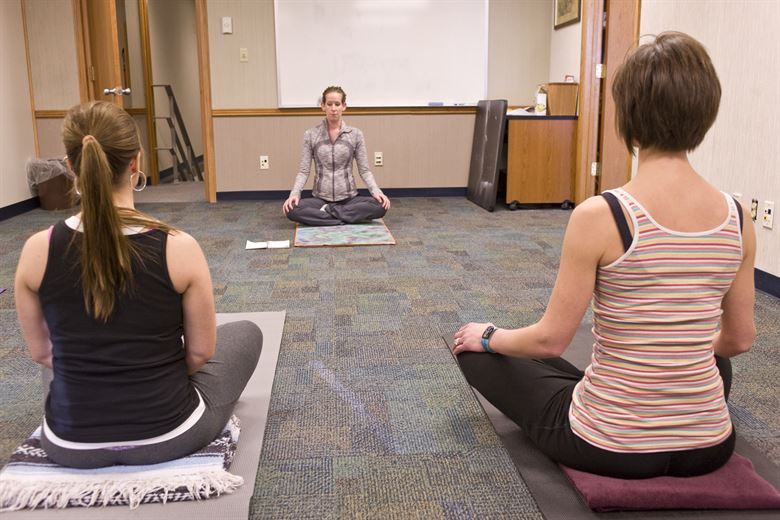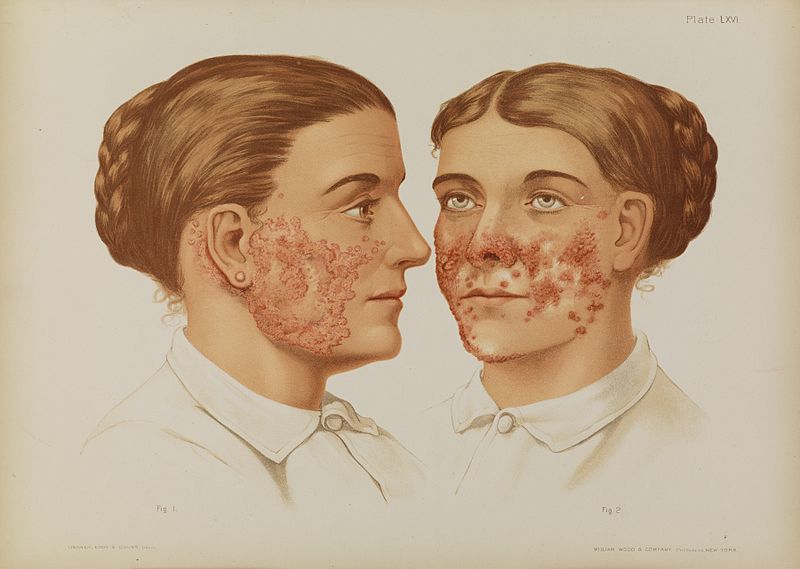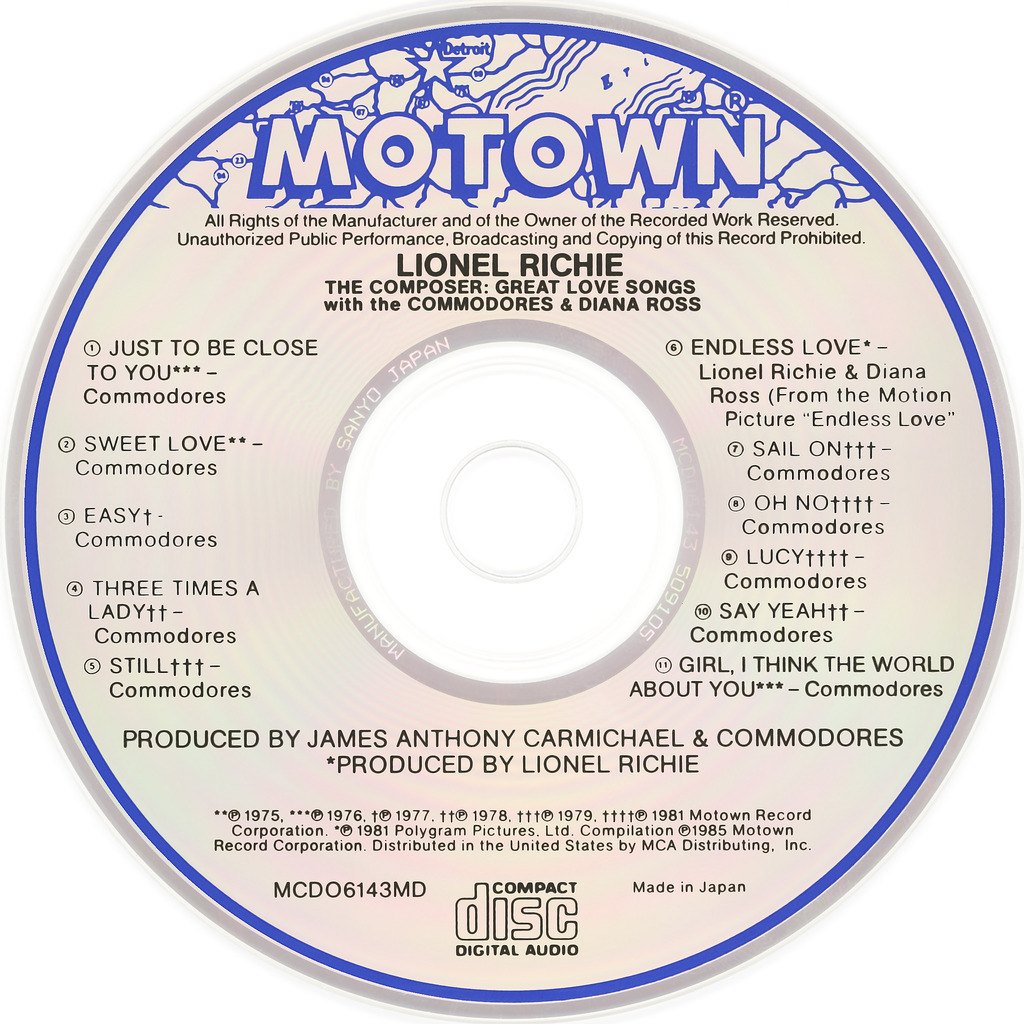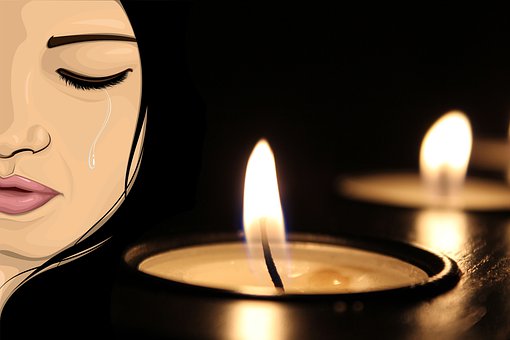In my seven years of practicing psychology and counseling, I could no longer count how many times I encouraged my clients to learn how to say no to people.

For instance, one of my clients sought psychological help because her relatives had been draining her savings and her sanity with their constant demands. Say, her sister would have babies every year and expect her to pay for the bills. Then, her brother would drive under the influence and ask her to pay for any property he’d damage. My client was okay with it initially until she needed help, and no one lent a hand to her. That made her feel miserable and insignificant, considering nobody was willing to offer support when she needed it the most.
In another case, my client had a husband who would not stop having extramarital affairs, and she was livid about it. However, whenever her spouse would reason that he was doing that because my client could not give him offspring, she would feel small and let him walk all over her. Her self-respect went so low that her husband even tried to bring his new girl into their home while she was there.
My clients could have prevented such circumstances if my clients said no initially. “No, I will not give you more money.” “No, I will not take care of your medical bills whenever you drink and drive or have more kids.” “And, no, you cannot hook up with other women and think that I should accept it because I cannot bear a child.”

While helping my clients was always a fulfilling job, I would be a fool if I would not admit that their issues sometimes got to me. That’s especially true if it was a new client, and the person was drowning in emotional troubles, and they would unload them to me for one or two hours straight. I could not talk to anyone about them every day, so I would be a mess if I did not have time to relax on the weekend.
That One Time I Didn’t Heed My Advice
There was a time when my best friend, a counselor, had to go on maternity leave. She already asked another mental health professional to take over her clients while recuperating and bonding with her newborn, but that person bailed out on her at the last minute. Not knowing what to do, she asked if I could help her.
In reality, I wanted to say no. Heck, I should have said no. My schedule was already full, and I knew that I was close to my limit. But how could I disappoint my best friend? She took over for me when I had an appendectomy a couple of years ago, so it was time to pay her back.

Although it seemed impossible to work for more than eight hours every day in my profession, I had a game plan. I thought of alternating my clients with hers so that I could make time for both. I also extended my working hours to lessen the number of people I would have to ask to reschedule for another day. My best friend already offered to pay my secretaries for their overtime, so we were all set. “What could go wrong? It’s only two months,” I even said.
For 60 days straight since that moment, I had been working nonstop. Not once did I get to call for a timeout, primarily since the pandemic occurred around the same time, and more people sought mental help. If I was not meeting a client while keeping a physical distance from them, I was on the phone, Skype-ing, or chatting with other clients.
Then, one afternoon, I just stood up to usher my client out of the door when I felt faint and passed out.
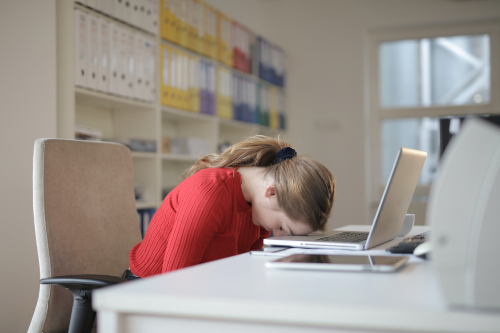
Prioritizing My Health
I woke up to the concerned faces of my secretaries and an older man who was clearly a doctor. I was already on my daybed as well. When I asked what happened, they recounted how they saw me drop on the floor. Luckily, my clinic was already at the hospital, so they got a doctor to attend to me quickly.
Some tests were conducted on me, and I eventually found out that I had anemia. Mixing iron deficiency, stress, and exhaustion, it was more surprising that I didn’t pass out sooner.
Kidding aside, the diagnosis pushed me to reassert my priorities. My best friend was still not back, and I could not wait for her availability, so I got two new counselors to sub for us. Then, I went to my parents’ farm in Omaha and relaxed there for two whole months.
Once I returned to the civilization and got my anemia checked again, all my test results returned normal. I happily resumed my work, but I would never try to take on more than I could handle ever.
